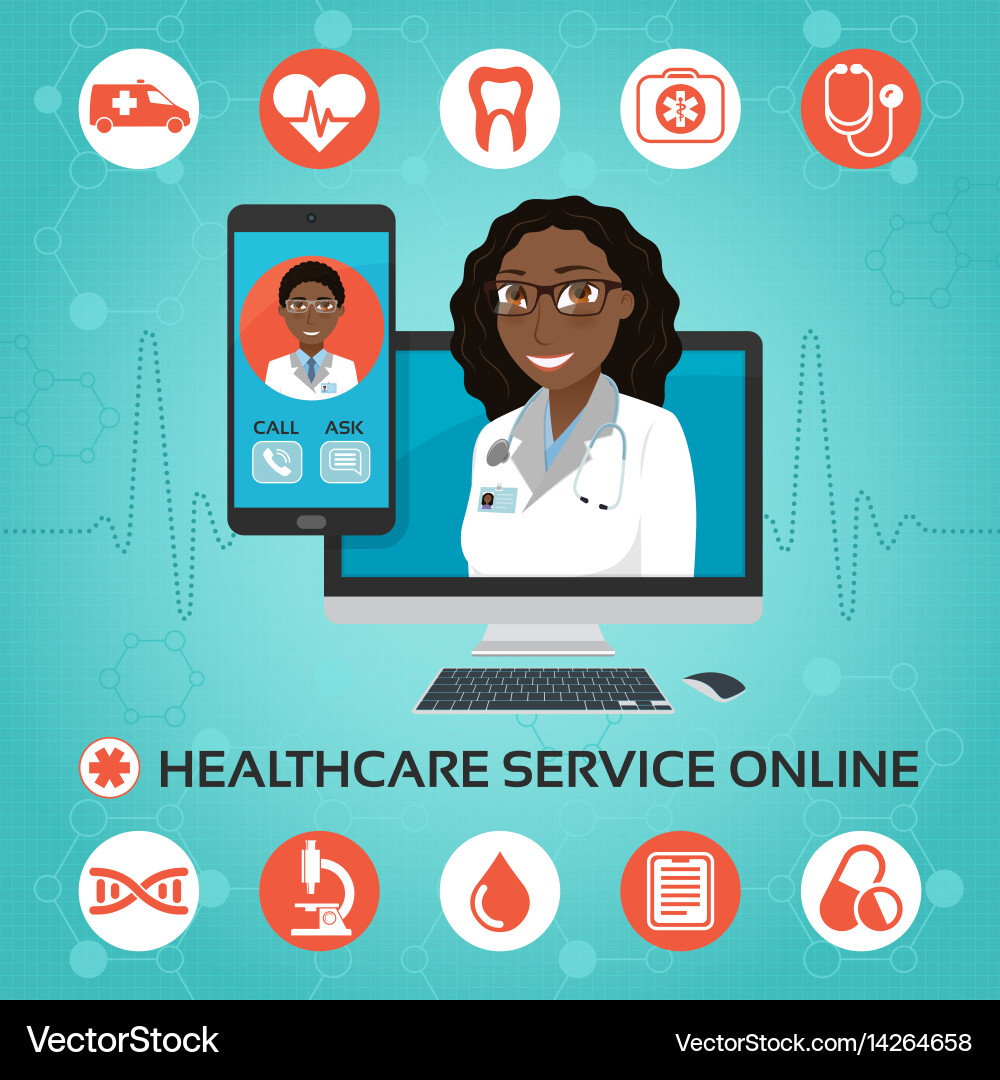The Impact of Subscription Based Healthcare on Conventional Medical Practices
The Impact of Subscription Based Healthcare on Conventional Medical Practices
Blog Article
The Surge of Subscription-Based Healthcare and Its Effect On Patient Treatment
As health care develops, the subscription-based version is getting traction, promising to transform individual treatment by providing predictability and access. These models, which bypass typical insurance coverage, could redefine the patient-doctor dynamic, emphasizing tailored and preventive care. Yet, similar to any type of technology, they provide obstacles, particularly worrying fair gain access to for all socioeconomic teams. The capacity for these models to improve health care distribution elevates pushing questions concerning their long-lasting sustainability and inclusivity. Are these registration services the future of health care, or do they run the risk of leaving prone populations behind? The details of this shift warrant a more detailed assessment.
Comprehending Registration Healthcare Designs
Understanding the principle of subscription health care designs includes checking out a transformative approach to medical solutions that emphasizes price and ease of access. These models, typically described as direct medical care (DPC) or concierge medication, have arised as innovative choices to typical fee-for-service health care systems. Registration medical care permits clients to pay a fixed monthly or annual fee for a defined set of medical services, which might include limitless workplace gos to, routine exams, and basic lab tests, without the need for typical insurance policy payment.
The framework of registration healthcare models is designed to simplify client treatment by getting rid of third-party payers and intricate payment codes, thereby minimizing management worries. Doctor can concentrate a lot more on patient treatment, fostering stronger patient-provider partnerships. This model also advertises preventative care by urging routine brows through, as the financial barrier of per-visit fees is removed.
The subscription design frequently equips medical care providers to manage smaller person panels, permitting even more personalized treatment. It lines up economic rewards with person health and wellness end results, as suppliers are inspired to preserve individual satisfaction and health. On the whole, comprehending subscription health care designs calls for acknowledging their potential to improve exactly how care is supplied and accessed.
Benefits for Clients and Carriers

For companies, subscription-based versions supply the possibility to grow patient-provider connections. With a stable earnings stream, health care experts can dedicate even more time per individual, causing an extra complete and individualized treatment experience. This design likewise lowers reliance over client quantities, alleviating burnout and enhancing work satisfaction. The emphasis on preventative treatment within subscription plans can lead to much better person end results and lowered long-term healthcare expenses. By concentrating on constant care, suppliers can attend to concerns prior to they intensify, inevitably profiting the health care system overall by lowering the problem on emergency situation and severe care services.
Difficulties and Concerns
While subscription-based health care models present various advantages, they additionally come with a collection of difficulties and problems that have to be attended to. This elevates ethical inquiries about fair access to health care solutions.
Financial sustainability of subscription-based versions is another concern. Companies must balance the fixed income from memberships with the variable expenses of healthcare services, which may rise and fall as a result of unforeseen clinical requirements. This can create pressure to restrict solutions or rise charges, possibly influencing person satisfaction and care high quality.
Furthermore, regulatory oversight of subscription-based medical care designs is still progressing. Resolving these challenges is crucial for the equitable and successful implementation of subscription-based medical care.
Effect On Patient-Doctor Relationships
One significant impact of subscription-based healthcare designs on patient-doctor relationships is the potential for enhanced connection and customized care. By embracing a membership design, medical professionals can handle a smaller patient panel, enabling more devoted time with each person. This boosted accessibility promotes a deeper understanding of a client's case history, way of living, and preferences, allowing a lot more customized therapy strategies and treatments.

Nevertheless, it is necessary to acknowledge that while subscription-based designs may benefit those who can afford them, they can unintentionally widen healthcare variations. Patients who are unable to join these models may experience decreased access to individualized treatment, possibly influencing their connections with doctor. Thus, while the membership version supplies appealing advantages for patient-doctor connections, it also poses difficulties that require to be dealt with to guarantee equitable healthcare accessibility.
Future of Health Care Gain Access To

The duty of modern technology can not be overlooked in this transformation. Telemedicine systems and digital wellness records help with smooth interaction between individuals and health care companies, breaking down geographical and logistical obstacles. Furthermore, innovations in expert system and data analytics can additionally individualize healthcare by predicting patient requirements and enhancing therapy plans.
Nonetheless, the future of medical care accessibility also offers obstacles, such as ensuring equity across different socio-economic teams. Policymakers and medical care carriers should collaborate to connect the electronic divide, guaranteeing that subscription-based models remain comprehensive and budget friendly. As these systems develop, they hold the guarantee of making healthcare a lot more accessible, efficient, and patient-centric.
Verdict
Subscription-based health care models are reshaping client care by offering a steady cost structure and enhancing ease of access. These designs enhance patient-provider relationships with personalized care and regular brows through, emphasizing preventative health and wellness. Regardless of these advantages, difficulties such as ease of access problems for low-income populations and the requirement for equitable health care solutions persist. The surge of subscription-based healthcare motivates proactive individual engagement, which has the potential to enhance individual results and contentment, indicating a transformative shift in health care shipment.
As healthcare advances, the subscription-based version is acquiring grip, guaranteeing to revolutionize patient treatment by providing look at here now predictability and accessibility.Subscription-based medical care versions provide distinct advantages for both carriers and patients, improving the overall health care experience.As medical care systems develop, the future of healthcare accessibility often pivots on the assimilation of innovative models and innovations.Subscription-based health care designs are reshaping client care by giving a secure expense structure and improving access. The rise of subscription-based healthcare motivates positive individual interaction, which has the possible to improve individual outcomes and contentment, indicating a transformative shift in healthcare distribution.
Report this page